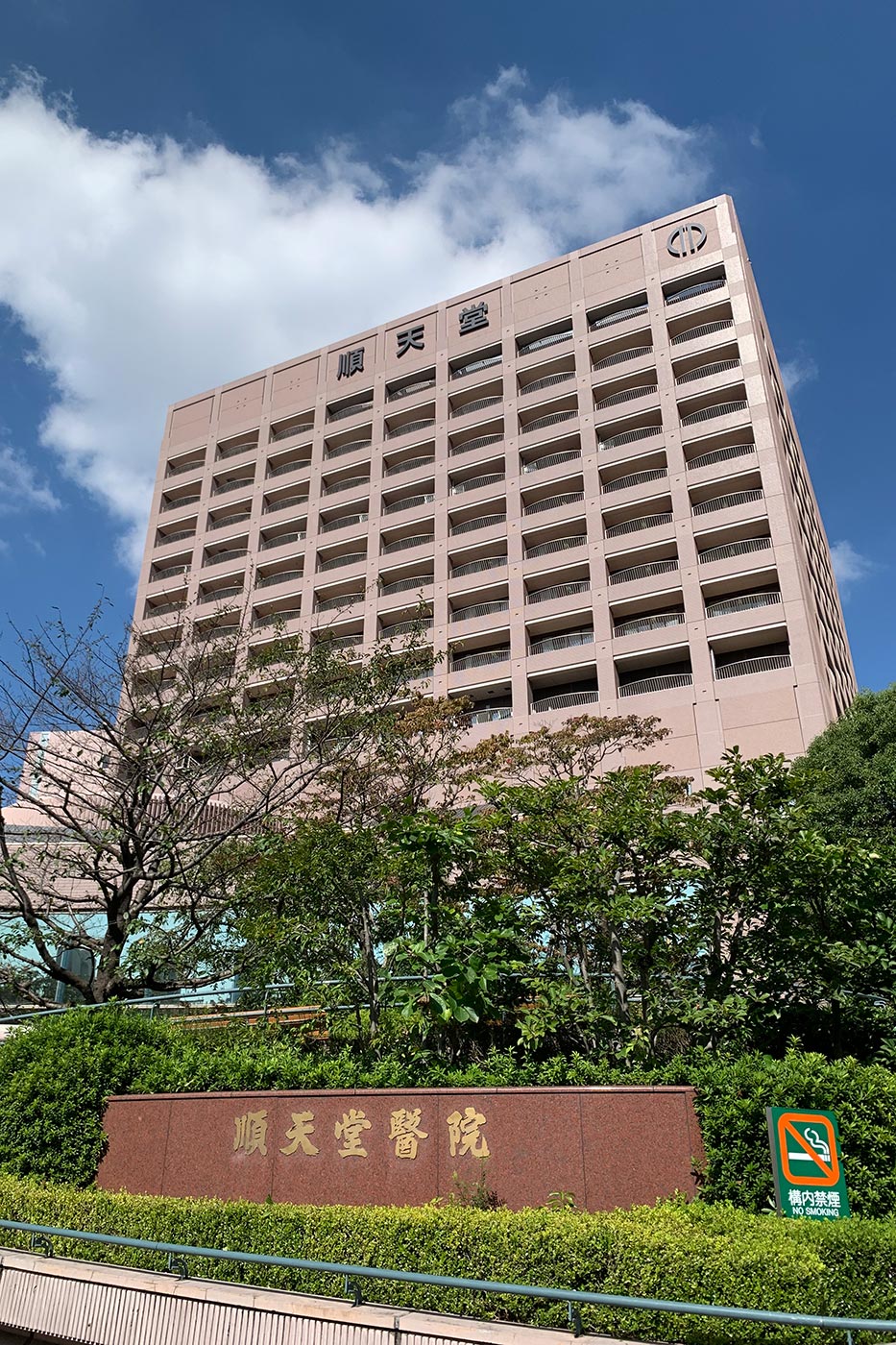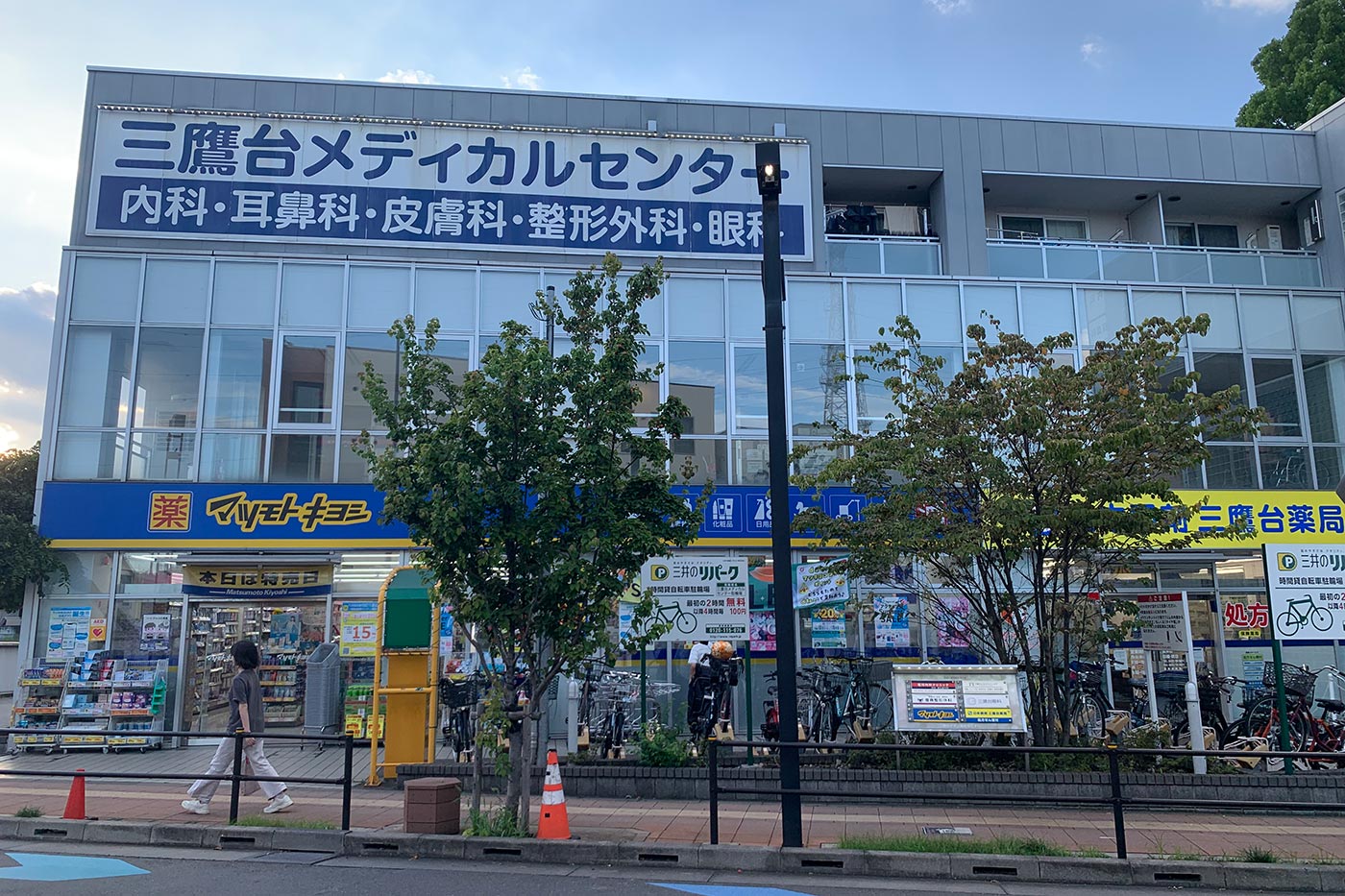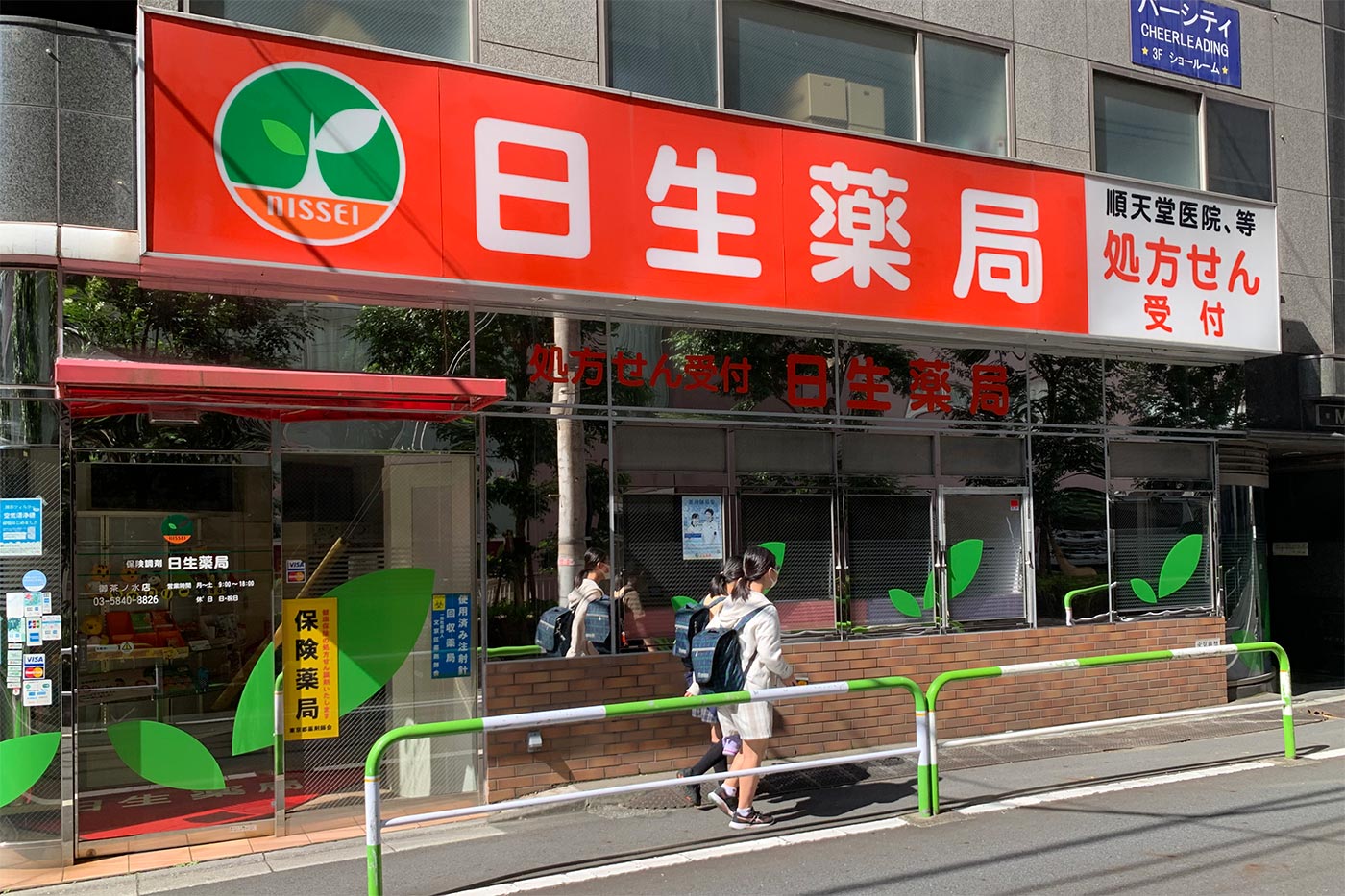You’re planning a trip to Japan and suddenly think: should I buy travel insurance? It’s the million-yen question, and below we’ll give you all the information you need to make the best decision.

We tend to imagine Japan as an advanced, modern country with very high safety standards, and one of the highest life expectancies in the world. A place where you can travel without worrying too much. This also leads us to believe that its healthcare system must be efficient and reliable. However, when it comes down to it, this reality has important nuances that should be taken into account.
As we always say, accidents can happen anywhere. No matter how safe Japan is on paper, you never know when something unexpected might happen. And let’s not forget that the Japanese archipelago is a place where natural disasters occur daily (earthquakes, tsunamis, typhoons, floods, etc.).
The Japanese have to deal with such eventualities every year. And, if you’re unlucky, you might also face one during your trip to Japan. It’s best to be well covered and prepared for such an event.
To avoid disappointment, it’s a good idea to have good health insurance that will make things easier when things go wrong, such as IATI Estrella, the most comprehensive and recommended insurance for travel to Japan from IATI Insurance. You can get a discount using the following link:
In the event of an accident, how does the hospital system work in Japan? Is it a reliable system? Do you get prompt care in an emergency? Are there public hospitals, or are there only private clinics? Well, let’s take it step by step, because it’s a complex issue.
In principle, travel insurance is not mandatory for traveling to Japan as a tourist. However, and this is a “but” to keep in mind, Japanese nationals and foreigners residing in Japan are required by law to have health insurance. Everyone, without exception.
And the reason is this. Basically, Japanese healthcare operates on a co-payment system. With insurance, you pay 30% of the costs of care and medicines. The rest is covered by the insurance company.
There are private and public insurance plans, for which you pay a monthly fee. Those who work for a relatively successful company are covered by their company’s private insurance, while the unemployed and self-employed turn to public insurance, which is somewhat more affordable. But both cover roughly the same amount.

And what happens if you don’t have insurance? You’ll have to pay 100% of the medical expenses. That’s if you even get treatment, of course. Because, in Japan, hospitals and clinics are primarily a business. Their priority is making money.
Therefore, if a person isn’t insured, there’s no guarantee that they’ll be able to pay for the full treatment… And in those cases, it’s better to wash their hands of the problem and simply not admit the patient. This isn’t just a private sector issue.
Public hospitals operate with basically the same philosophy. If you don’t have insurance, they’ll usually ignore you. This saves them trouble, paperwork, and expenses.
In short: even if you go to the hospital without health insurance, in most cases they won’t let you go beyond the reception desk. The Hippocratic Oath isn’t widely practiced in Japan, unfortunately.
The same applies to ambulances, which operate on a separate system. Even with insurance, they can leave you stranded right outside if the hospital on duty is overcrowded with patients at the time.
These situations of neglect are relatively common in Japan. They happen to the Japanese themselves (during the COVID-19 pandemic, many cases were reported in the press), so imagine what to expect if an ambulance finds itself having to pick up a foreign tourist without health insurance…

For all these reasons, if you’re planning to spend time in Japan, it’s a good idea to be well covered. Good travel insurance will always make things easier for you: if anything happens, you’ll know exactly which health center to go to, and rest assured that you’ll be treated there without any problems.
The Japanese system is more similar to the American one than to the one we have in Europe. There are few public hospitals, and general medical centers are also scarce. Almost all are small private clinics, often focusing on one or a few medical specialties.
So, if you have a hearing problem, you’ll have to find an ENT doctor. If you have a stomach ache, you’ll have to find a gastroenterology clinic. And so on. Japan doesn’t make things easy for you.
Fortunately, with health insurance, you can go to both private clinics and public hospitals without any distinction. You’ll pay the same amount in all of them: 30% of the cost of care.
Of course, if possible (and if you can find one), it’s always a good idea to go to a smaller hospital. They’ll have doctors with different specialties, good equipment, and better services. Private clinics, on the other hand, can be quite shabby.
But there’s no need to panic. In general, the level of healthcare in Japan is high. The staff are extremely attentive, the facilities are always clean and spotless, and the equipment is usually quite modern.
Of course, apart from a few large hospitals in Tokyo, don’t expect them to speak English to you. Some doctors can manage a little smattering of English, but the vast majority of reception and nursing staff can only communicate in Japanese.
In reality, primary care in Japan isn’t excessively expensive. Even if you had to pay for it in full, a simple doctor’s appointment won’t break the bank. However, if tests, X-rays, etc., are required, the costs start to skyrocket.
The worst part, as you might expect, is the hospitalization costs. If you have to be admitted, the clinic on duty will take advantage of that to make a killing. Japanese hospitals are famous for extending their patients’ stays as long as possible so they can charge more. It’s the basis of their business.
Although having insurance requires you to cover 30% of medical expenses, there’s also a maximum amount you’re supposed to pay. That is, if the patient has a serious illness and treatment is prolonged, there will come a time when that limit is exceeded.
From then on, the expenses will be covered by the insurance, and the patient won’t have to pay one more yen.

The same applies to medicine, which tends to be rather expensive. With insurance, you only pay 30%. And, of course, forget about going to a pharmacy to buy a simple aspirin if you don’t have a prescription. Anti-wrinkle creams and toothpaste are readily available. But medicine? No way. This is Japan. Here, rules are strictly followed.
To purchase any medication, you must first have been to the doctor to obtain the required prescription. And, for that, as we’ve already explained, you definitely need health insurance.
Our advice is that good travel insurance, combined with reputable clinics that will provide you with prompt treatment in case of any mishap, will make your life much easier. It will save you both money and stress.
As you can see, Japan is not a simple country. In the event of any mishap, it’s not easy for a tourist to get medical attention. Even a simple cold can be a complication.
Without knowing Japanese, it’s not easy to find a hospital or pharmacy. Furthermore, in large cities (Tokyo, Osaka, Nagoya), there is such a wide variety of healthcare options that it can be even more difficult to choose which center to go to.
If things are already complicated for foreigners living in Japan (and with local health insurance), the situation can become even more overwhelming for a traveler just passing through.
When you have a health problem, the last thing you want is to have to deal with all these unknowns. What you need is to be seen as quickly as possible, without having to run from one place to another. And be clear about how much it’s going to cost you.
And for that, it’s best to have travel insurance that covers you well and clearly tells you where to go if something goes wrong.
As a final note, here are some other insurance policies to consider, with their respective discounts, in case you want to compare them: